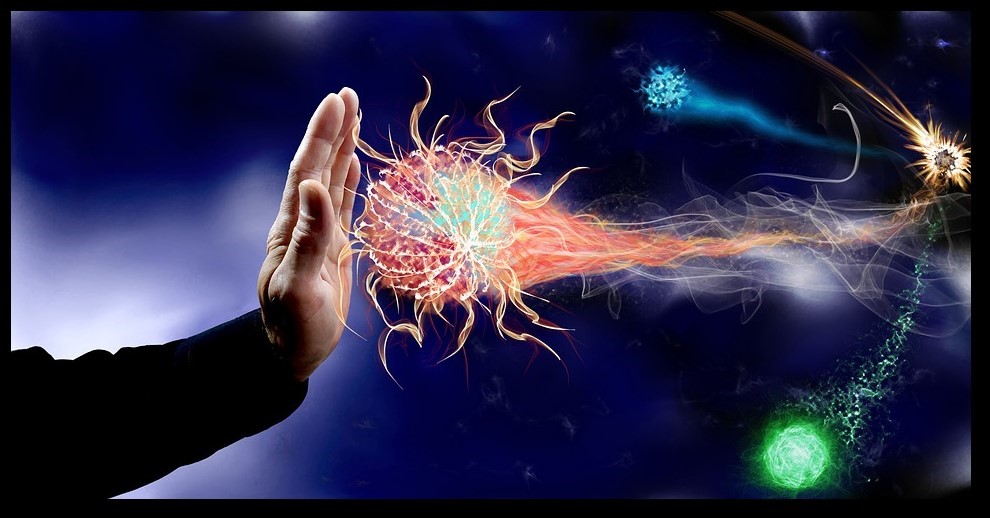RIO DE JANEIRO, BRAZIL – (News Medical) A recent research letter published in the JAMA demonstrated the prevalence and the longevity of severe acute respiratory syndrome coronavirus 2 (SARS-CoV-2) antibodies in coronavirus disease 2019 (Covid-19) unvaccinated United States (US) adults recovered from the disease in the long term.
Although nearly 27% of the US population was not vaccinated against Covid-19 as of December 28, 2021, the prevalence of natural immunity against SARS-CoV-2 reinfection in this cohort is not yet clearly established. Previous studies using blood samples of Covid-19 convalescents are associated with selection bias and a lack of clinical data.
SARS-CoV-2-infected individuals are known to have some natural immunity against reinfection. However, one study indicated that 36% of Covid-19 convalescents were non-responders to SARS-CoV-2 in the serologic examination.
Among those who develop the antibodies following the SARS-CoV-2 infection, the durability of these anti-SARS-CoV-2 antibodies beyond six months remains unknown.

STUDY
In the present cross-sectional study, the researchers characterized natural immunity and its long-lasting durability after SARS-CoV-2 infection in US adults who were unvaccinated against Covid-19 using SARS-CoV-2 anti-spike antibodies.
Healthy SARS-CoV-2 unvaccinated adults were recruited for the study via one public advert on Twitter and Facebook between September 11-October 8, 2021, and the participants submitted an electronic informed consent before enrolling.
The subjects completed an online survey form about Covid-19 status, mask use, and demographics. Participants were divided into three equal-sized groups using a weighted random sampling method:
1) those with test-confirmed Covid-19 infection, named the Covid-confirmed group,
2) subjects who believed they had Covid-19 but never tested, designated as the Covid-unconfirmed group, and
3) individuals who did not believe they had Covid-19 and never tested positive, named the no-Covid group.
Further, the participants were invited to undergo SARS-CoV-2 antibody testing at any LabCorp facilities across America. Qualitative and semi-quantitative testing of SARS-CoV-2 anti-nucleocapsid (N) and receptor-binding domain (RBD) proteins, respectively, were conducted.
The characteristics of the study population were compared using the Wilcoxon rank-sum test for continuous and chi-square test for categorical variables. The association between log antibody titer and time after infection was analyzed using linear regression.
FINDINGS
The results indicated that of the 1,580 Covid-19 unvaccinated subjects who were invited to undergo serological SARS-CoV-2 antibody testing, 52% were tested between September 24-November 5, 2021.
The mean age of the study population was 48 years, 52% were females, and 82% were from White ethnicities. Public use of masks was reported by 14% of the study subjects. A correlation between anti-RBD and anti-N antibody presence or absence was observed in the serological testing.
Of the 295 confirmed Covid-19 subjects, 99% were positive for anti-RBD antibodies. SARS-CoV-2 anti-RBD antibodies were present in these participants for a median of 8.7 months ranging from 0-20 months after the Covid-19 diagnosis, and they had a median of 205 U/mL anti-RBD levels.
No proof for the association between antibody titer and time after infection was observed.
Of the 275 unconfirmed Covid-19 cases, 55% were positive for anti-RBD antibodies, and the median anti-RBD levels among them were 131 U/mL. Of the 246 no-Covid subjects, 11% were positive for anti-RBD antibodies, and their median anti-RBD antibody levels were 82 U/mL.
CONCLUSION
Findings of this cross-sectional analysis of unvaccinated US adults indicated that anti-SARS-CoV-2 RBD antibodies were detected in 99%, 55%, and 11% of confirmed Covid-19, unconfirmed Covid-19, and no-Covid groups of the study population, respectively.
In contrast to the previous six-month longevity data, the anti-RBD antibodies were present in the Covid-19-positive patients for up to 20 months.
The limitations of the study include
1) cross-sectional study design,
2) sample with an anonymous degree of selection bias because of public recruitment,
3) lack of direct neutralization assays since antibody levels do not directly correlate with immunity,
4) self-reported SARS-CoV-2 test results,
5) study population contributed largely by healthy White participants, and
6) inadequate data regarding breakthroughs.
Further, the 52% rate of SARS-CoV-2 antibody testing among the invited participants might be contributed by the one-month allotted period for the participants to undergo testing.
Although the current study sheds light on the presence of natural immunity until 20 months following the Covid-19 diagnosis in unvaccinated healthy US adults, the correlation of antibody levels and protection from SARS-CoV-2 reinfection, especially with emerging heavily mutated variants, is still lacking.
Thus, additional studies are required to determine the detailed long-term understanding and public health impact of the current study findings.

